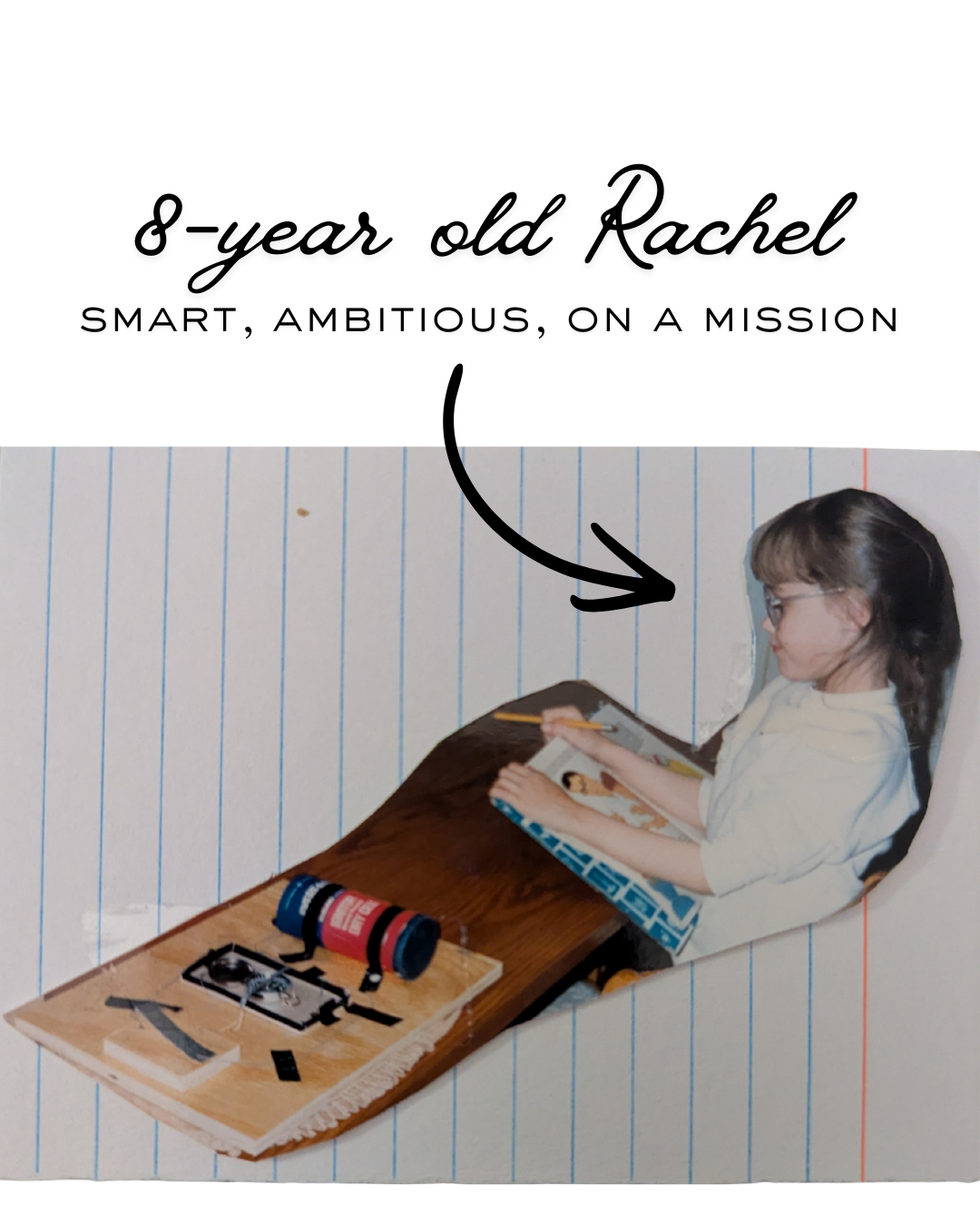Tacit and Informal Knowledge
We often think of knowledge as something you gain from books, classrooms, or formal training. But much of what truly shapes our decisions, opens doors, and helps us navigate life isn’t written down anywhere. It lives in people, in relationships, and in the experiences we share. This is where social capital and tacit knowledge intersect and understanding them can change the way we approach work, community, and everyday interactions.
At its simplest, social capital is the potential value and possibilities that live in our relationships. It’s the ideas, energy, introductions, and support we can access not because we found them online or in a textbook, but because we are connected to the right people. Many of us misunderstand social capital. We assume it requires “networking” in the awkward, transactional sense, or that it’s manipulative. In reality, it’s simply the natural currency of human connection. It’s the way opportunities and knowledge flow when trust and reciprocity are present.
One clear example is everyday life: a friend notices a help-wanted sign at a place you wouldn’t normally visit, and, since they know you happen to be looking for a job, tells you about it. You apply and get the job and that small tip leads to a job that sustains you for years. That’s social capital in action, the invisible potential in relationships turning into tangible outcomes. But what allows that potential to convert into real benefits often comes from tacit knowledge.
Tacit knowledge is personal, unwritten, experience-based insight. It’s the kind of understanding that’s hard to articulate or teach formally. Think of assisting a highly successful real estate agent: you observe the process of buying and selling property, the unspoken rules of negotiations, the instincts that guide decisions, all things you wouldn’t learn as a typical consumer. That knowledge doesn’t exist in a manual; it emerges through participation and observation.
How we gain tacit knowledge often depends on informal knowledge-sharing. Informal knowledge is simply the way tacit insights are passed along: through mentorship, collaboration, casual conversations, or hands-on experiences, rather than formal training. Tacit knowledge is the “what,” and informal methods are the “how.” It’s through repeated interactions, shared experiences, and the trust built in strong relationships that this kind of knowledge flows. People share their hard-earned insights because they know it will be valued, applied, and perhaps even returned in kind. They get to help someone earlier in their journey, which is rewarding in itself.
Unfortunately, society often undervalues knowledge gained outside institutions. We’re conditioned to believe that if it isn’t formal or credentialed, it’s inferior. In reality, that mindset creates gatekeeping, limiting both individuals and communities. Economically, someone with only technical skills but no relationships may miss out on opportunities others stumble upon through connection. Organizationally, relying solely on formal training risks losing historical knowledge and practical insight that never makes it into manuals.
When we recognize the value of tacit and informal knowledge, we start to see relationships differently. They’re not just social; they’re rich with opportunity, insight, and experience. Everyday people, not just leaders or professionals, can benefit by paying attention to the knowledge embedded in their networks. Every interaction is a chance to share, observe, and grow. By valuing and nurturing these informal exchanges, we expand our own social capital while honoring the experience of others.
Let’s Keep Building Together
If this post spoke to you, imagine what could happen when you start growing your world with intentional connection. Whether you want to deepen your relationships, create new opportunities, or simply feel more supported, I’m here to help.
Ready to build stronger, more meaningful connections?
Whether you want to deepen your personal relationships or grow your professional network, my coaching helps you create intentional, confident connections that open doors and enrich your life. Explore Coaching Options
Or, if you’re just getting started, grab my free People-Powered Progress Pack, a workbook filled with tools and exercises to help you map your network, spark meaningful conversations, and expand your support system. Get the Free Pack
Let’s turn connection into progress together.



